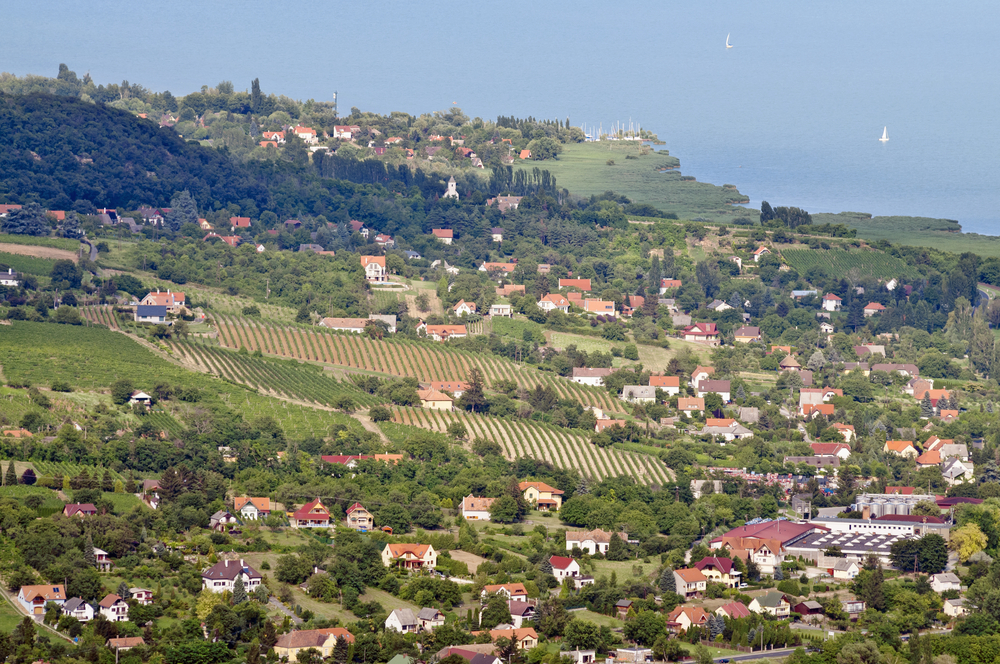[HERMES] - Material cultural heritage satellite account – methodological framework
The cultural heritage sector plays a crucial role in economic development by creating jobs and attracting investments that maintain the viability of heritage sites while preserving their historical and cultural significance. However, accurately valuing its economic contribution remains challenging.
The HERMES study has delivered methodological framework on developing a material cultural heritage satellite account for Europe. A comprehensive framework with accompanying technical descriptions has been prepared which outline in detail which and how the data should be gathered.

[RE-INDUSTRY] – Capacity building for re-industrialising regions in a globally decarbonizing economy
The geographical focus of this targeted analysis is on three rural and industrialised regions, i.e. Västernorrland and Västerbotten in Sweden and Österbotten in Finland. In a European context, the three regions are sparsely populated areas with an aging population and relatively high outflows of skilled young individuals. Similarly to many other rural and industrialised regions in Europe with middle to high income levels, the three regions have experienced development traps over a substantial period of time due to underperformance in, for example, development of income and productivity.
[DHAK] - The role of digital helpers in reducing digital inequalities
In the Bordeaux metropolitan area and the city of Brussels digital divide has been pinpointed as an alarming consequence of the digital transition processes, affecting, for instance, access to basic public and private services which are increasingly being dematerialised. For several years, both cities have been taking proactive public action by financing and coordinating digital trainers and social workers, to address the lack of digital skills or obstacles in using digital technologies.
[RURALPLAN] -Multilingual pamphlets

[RURALPLAN] - Methodological framework and knowledge
This report presents the methodological framework and literature review on strategic local planning in shrinking rural areas. It offers the territorial evidence on shrinking in the RURALPLAN stakeholders' areas, identifies planning practices, and includes an assessment of effectiveness and gaps in the current planning practices. It includes

The Rural Planning and Innovation Lab (RUPIL) - Toolbox
The toolbox is a participatory instrument, supporting local authorities in their strategic master planning endeavors. The objective is to facilitate planning based on more realistic assumptions about how regions are shrinking and on the population’s interests, preferences, needs and wishes for what constitutes a ‘good life’ in the context of their local community. The result will be ideas for innovative strategies, strategic elements, and measures developed as co-created and visually represented solutions.

Delivery of Essential Services in lagging Regions
This report presents the conclusions and recommendations of the research project ESPON DESIRE "Delivery of Essential Services in Lagging Regions", focusing in particular on the synthesis of findings, the clarification of key concepts and the formulation of principles of good practice. The aim of this analysis is to provide actionable insights that can support policy development aimed at improving public service delivery in lagging regions, which often face unique socio-economic and geographical challenges.

Testing the Rural Planning and Innovation Lab (RUPIL)
This case report seeks evidence of how strategic planning in rural areas may respond to complex demographic changes that would not have happened without the successful cooperation of three interested and relevant parties. The Albula region in the Graubünden Canton of Switzerland, Malung-Sälen Municipality in Dalarna County in Sweden, and Os Municipality in Innlandet County in Norway have proved to be the best cases we could hope for in a fast-moving project like this.

Innovative Planning in Shrinking Societies
Currently, 40% of the population in Europe lives in a shrinking region, which means they experience a declining and/or ageing population. This especially impacts rural regions, where natural decline, continued urbanisation, and accompanying centralisation are expected to accelerate shrinking in these regional areas. Policy challenges are evident in, for example, labour market shortages, fiscal sustainability, infrastructure provision and access to services. Local planning is crucial to meet these changes and identify new and innovative strategies and solutions.

RURALPLAN final report
RURALPLAN project provides a theoretical and practical framework for innovative strategic planning for development without (population) growth. This perspective constructively addresses the complex challenges of such areas without placing the stigma of ‘failing to grow’ on local and regional entities and societies. Such a change of mindset is challenging in traditional planning terms when development equals growth.

